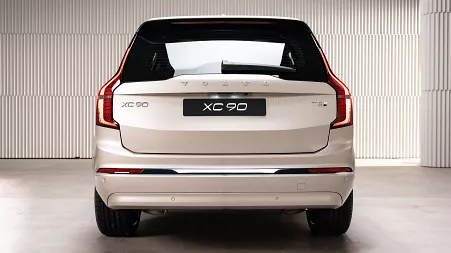Tens of thousands of car workers have marched through the streets of Rome, waving union flags and carrying banners in a protest about working conditions in the car industry.
The sector's three main unions in Italy have asked the government to protect employment in the sector and help secure the future of the car-making industry in Italy.
"We are working one to two days a week when it goes well. So, what we are saying today is that the (ecological) transition cannot be exclusively paid for by the workers," said Riccardo Falcetta, an official of the UIL metalworker union in Bari.
The uncertainty around possible future plans of global car manufacturer, Stellantis, lies at the heart of current strike action.
The world's fourth-largest car manufacturer is under pressure to provide clarity about its future production plans as it faces growing competition and financial strains.
Italy's far-right government has accused the company of relocating assembly plants to low-cost countries.
According to production figures for the first nine months from the trade union, the Italian Federation of Metal Mechanics, Stellantis' production plunged by 40% in 2024 compared with last year.
"In order to meet the government-established target of 1 million vehicles in 2030, the Stellantis Group would have to double production," the report said.
Related- VW workers stage protest as managers and unions hold talks
- EU car industry calls for urgent action as EV new car sales tumble
The turbulence around Stellantis
The multinational group, created in 2021 from the merger of Fiat-Chrysler and PSA Peugeot, recorded a sharp drop in output at most of its Italian plants in the first half of 2024. Over the past 17 years, the car maker has slashed its Italian production by nearly 70%.
CEO Carlos Tavares has recently blamed EU carbon emission rules for raising production costs, suggesting that the group may be forced to close some assembly plants to meet competition from China. He said he "could not rule out" job cuts, reiterating a need for additional state incentives to spur demand for electric cars.
Stellantis, which makes Jeep and Chrysler vehicles, has been in the spotlight following a profit warning in which it said it expected to finish the year with a loss of up to €10bn ($11.2bn).
The company announced this week that it would pause the production of the Fiat Panda in November. The decision followed a similar one a month ago concerning the Fiat 500 electric.
Meanwhile, the French factories of the automobile group also face uncertainty. However, they will all have a three-year production plan by mid-November, according to AFP.
CEO Carlos Tavares has also been under fire from US dealers and the United Auto Workers union amid a dismal financial performance this year, after being caught off guard by too many high-priced vehicles on dealer showrooms.
He has been trying to cut costs by delaying factory openings, laying off union workers and offering buyouts to salaried employees.
The group announced in September that it was looking for a successor for 66-year-old Tavares as part of a planned leadership change.
Tavares' five-year contract was a little over a year from its expiration date in 2026, but the company hinted at the time it was possible he might remain in the job for longer.
Disclaimer: The copyright of this article belongs to the original author. Reposting this article is solely for the purpose of information dissemination and does not constitute any investment advice. If there is any infringement, please contact us immediately. We will make corrections or deletions as necessary. Thank you.



